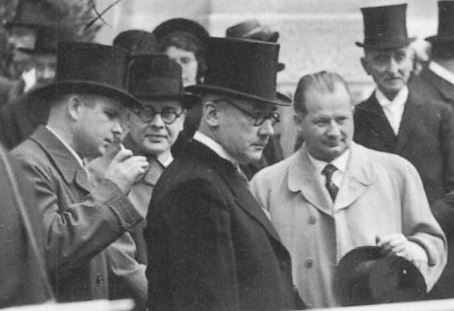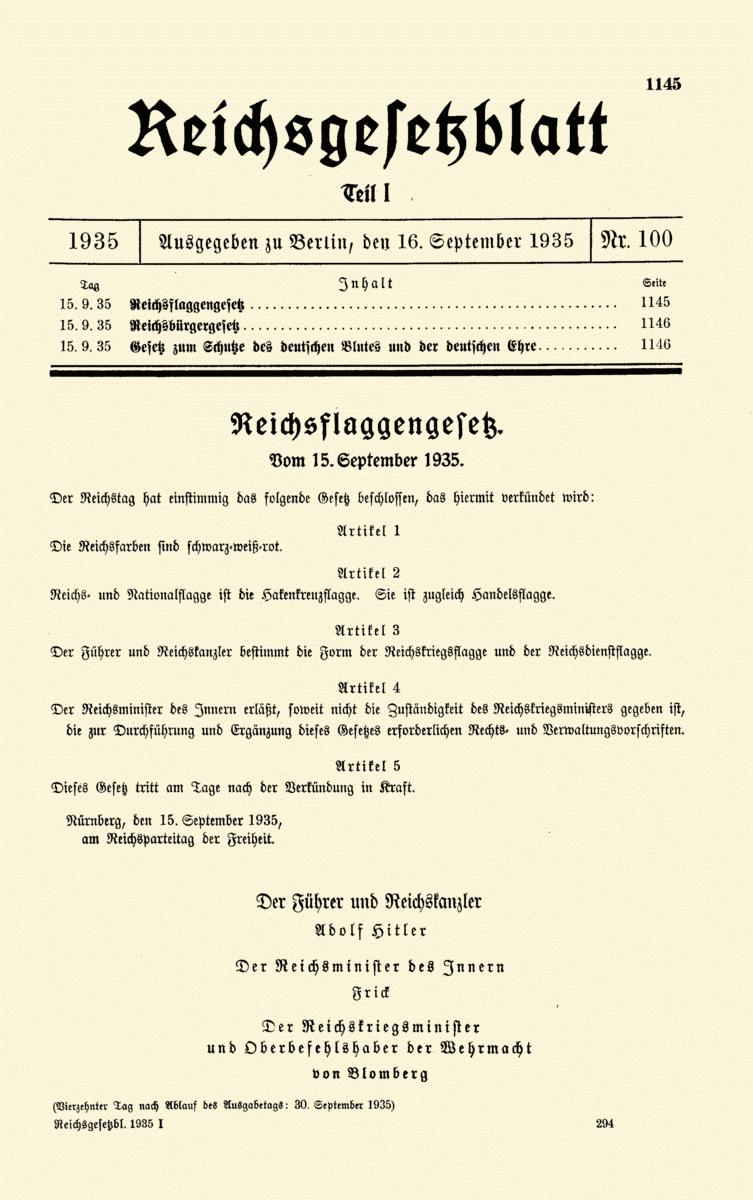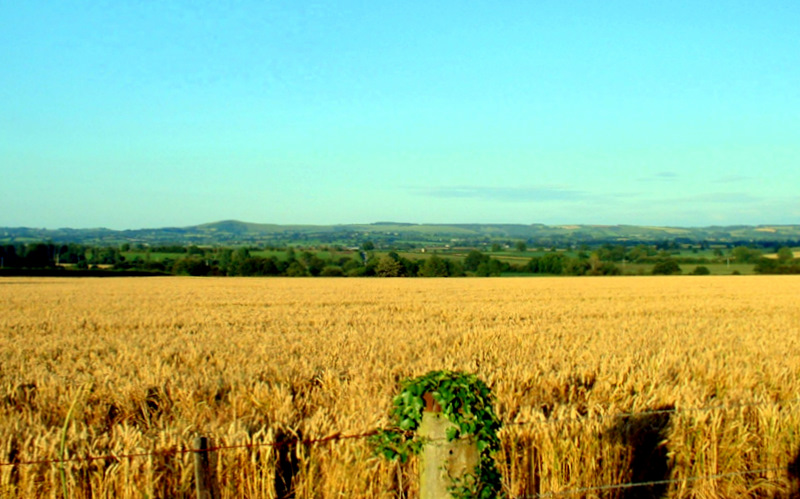|
First Hoop Cabinet
The first Josef Hoop cabinet was the governing body of Liechtenstein from 6 August 1928 to 28 February 1936. It was appointed by Johann II, Prince of Liechtenstein, Johann II and continued by his successor Franz I, Prince of Liechtenstein, Franz I. It was chaired by Josef Hoop. History The Schädler cabinet, government of Gustav Schädler was forced to resign by Johann II in the wake of an 1928 Liechtenstein embezzlement scandal, embezzlement scandal involving the National Bank of Liechtenstein and early elections were called. The 1928 Liechtenstein general election resulted in a win for the Progressive Citizens' Party and Josef Hoop was appointed as Prime Minister of Liechtenstein. The party was able to govern alone and in the 1930 Liechtenstein by-election was the sole party in the Landtag of Liechtenstein until 1932 Liechtenstein general election, 1932 when it once again entered a coalition with the Christian-Social People's Party (Liechtenstein), Christian-Social People's P ... [...More Info...] [...Related Items...] OR: [Wikipedia] [Google] [Baidu] |
Josef Hoop
Franz Josef Hoop (; 14 December 1895 – 19 October 1959) was a diplomat and politician from Liechtenstein who served as Prime Minister of Liechtenstein from 1928 to 1945. He later served as the President of the Landtag of Liechtenstein from 1958 until his death in 1959. Hoop initially worked as the attaché and chargé d'affaires at the Liechtenstein legation in Vienna and then in the Swiss customs administration before being elected as prime minister following the 1928 general election. In his first years in office he oversaw Liechtenstein's response to the Great Depression through economic programs. Starting from 1933, his government faced numerous domestic and foreign challenges to the country, notable events such as the Rotter kidnapping, 1937 spy affair and 1939 putsch. In 1938, his government entered into a coalition government with the opposition Patriotic Union. During World War II, Hoop considered friendly, non-binding, non-provocative diplomacy to be appropriate ... [...More Info...] [...Related Items...] OR: [Wikipedia] [Google] [Baidu] |
Historisches Lexikon Des Fürstentums Liechtenstein
The Historical Lexicon of the Principality of Liechtenstein () is an encyclopedia on the history of Liechtenstein, first published in 2013 and available for free on the internet since 2018. History The project was heavily inspired by the Historical Dictionary of Switzerland. In 1990 historian Arthur Brunhart became editor in chief of the project, then project manager from 2001 to 2013. Supported by a scientific advisory board that met twice a year, Brunhart was the sole editor responsible for implementing the project from 1990 onwards. He initiated four Liechtenstein seminars ranging from 1994 to 1996 held at the universities of Zurich, Freiburg, Innsbruck and Salzburg respectively dedicated to the development of the historical lexicon. As it became apparent that human resources were limited in the development of the project, it was transferred to the Liechtenstein government after the Landtag of Liechtenstein had approved to fund the project in 2000. From 2001 three historians ... [...More Info...] [...Related Items...] OR: [Wikipedia] [Google] [Baidu] |
1936 Liechtenstein General Election
General elections were held in Liechtenstein in February 1936.Dieter Nohlen & Philip Stöver (2010) ''Elections in Europe: A data handbook'', p1164 The elections took place in two rounds; in the first round on 3 February each of the ten municipalities with more than 300 inhabitants elected one member of the Landtag. The second round was held on 16 February in which the remaining five Landtag members were elected in a national vote. The result was a victory for the ruling Progressive Citizens' Party, which won 11 of the 15 seats.Nohlen & Stöver, p1182 The elections were the first contested by the Patriotic Union following the merger of the Christian-Social People's Party and Liechtenstein Homeland Service the previous month. Results Municipal vote National vote References Liechtenstein General Elections in Liechtenstein Liechtenstein Liechtenstein (, ; ; ), officially the Principality of Liechtenstein ( ), is a Landlocked country#Doubly landlocked, doubly ... [...More Info...] [...Related Items...] OR: [Wikipedia] [Google] [Baidu] |
Rotter Kidnapping
The Rotter kidnapping () was a failed kidnapping in Liechtenstein of and , German film directors and theatre managers of Jewish background, by Liechtenstein citizens sympathetic to Nazi Germany. The attack was additionally supported by five German nationals within the country. Background Fritz and Alfred Rotter worked as writers and composers and owned multiple successful theatres in Berlin during the era of the Weimar Republic. However, by 1933 due to the two men's Jews, Jewish backgrounds, they were the target of pressure contemporaneous with the rise of Nazism in Germany, and in January 1933, they were forced to declare bankruptcy and emigrate to Liechtenstein. They had previously succeeded in being Naturalization, naturalized in the country in 1931 as a result of a wider initiative by the First Hoop cabinet, Liechtenstein government. Prime Minister of Liechtenstein, Prime Minister Josef Hoop attempted to use private contacts and offering informal support to the German gov ... [...More Info...] [...Related Items...] OR: [Wikipedia] [Google] [Baidu] |
Jews
Jews (, , ), or the Jewish people, are an ethnoreligious group and nation, originating from the Israelites of History of ancient Israel and Judah, ancient Israel and Judah. They also traditionally adhere to Judaism. Jewish ethnicity, religion, and community are highly interrelated, as Judaism is their ethnic religion, though it is not practiced by all ethnic Jews. Despite this, religious Jews regard Gerim, converts to Judaism as members of the Jewish nation, pursuant to the Conversion to Judaism, long-standing conversion process. The Israelites emerged from the pre-existing Canaanite peoples to establish Kingdom of Israel (Samaria), Israel and Kingdom of Judah, Judah in the Southern Levant during the Iron Age.John Day (Old Testament scholar), John Day (2005), ''In Search of Pre-Exilic Israel'', Bloomsbury Publishing, pp. 47.5 [48] 'In this sense, the emergence of ancient Israel is viewed not as the cause of the demise of Canaanite culture but as its upshot'. Originally, J ... [...More Info...] [...Related Items...] OR: [Wikipedia] [Google] [Baidu] |
Anti-Jewish Legislation In Pre-war Nazi Germany
Anti-Jewish legislation in pre-war Nazi Germany comprised several laws that segregated the Jews from German society and restricted Jewish people's political, legal and civil rights. Major legislative initiatives included a series of restrictive laws passed in 1933, the Nuremberg Laws of 1935, and a final wave of legislation preceding Germany's entry into World War II. 1933 Anti-Jewish Legislation Enabling Act The Enabling Act of 1933 established the power of the Nazi-led government to pass law by decree, bypassing the approval of parliament. It was passed on March 23, 1933, and effectively nullified the Weimar Constitution. Law for the Restoration of the Professional Civil Service In April 1933, the Law for the Restoration of the Professional Civil Service, or 'Civil Service Law', as it was more commonly known when passed, established the ability of the Nazi-led government to legally remove undesirables from the civil service profession, including doctors, teachers a ... [...More Info...] [...Related Items...] OR: [Wikipedia] [Google] [Baidu] |
Nazi Germany
Nazi Germany, officially known as the German Reich and later the Greater German Reich, was the German Reich, German state between 1933 and 1945, when Adolf Hitler and the Nazi Party controlled the country, transforming it into a Totalitarianism, totalitarian dictatorship. The Third Reich, meaning "Third Realm" or "Third Empire", referred to the Nazi claim that Nazi Germany was the successor to the earlier Holy Roman Empire (800–1806) and German Empire (1871–1918). The Third Reich, which the Nazis referred to as the Thousand-Year Reich, ended in May 1945, after 12 years, when the Allies of World War II, Allies defeated Germany and entered the capital, Berlin, End of World War II in Europe, ending World War II in Europe. After Hitler was appointed Chancellor of Germany in 1933, the Nazi Party began to eliminate political opposition and consolidate power. A 1934 German referendum confirmed Hitler as sole ''Führer'' (leader). Power was centralised in Hitler's person, an ... [...More Info...] [...Related Items...] OR: [Wikipedia] [Google] [Baidu] |
Antisemitism
Antisemitism or Jew-hatred is hostility to, prejudice towards, or discrimination against Jews. A person who harbours it is called an antisemite. Whether antisemitism is considered a form of racism depends on the school of thought. Antisemitic tendencies may be motivated primarily by negative sentiment towards Jewish peoplehood, Jews as a people or negative sentiment towards Jews with regard to Judaism. In the former case, usually known as racial antisemitism, a person's hostility is driven by the belief that Jews constitute a distinct race with inherent traits or characteristics that are repulsive or inferior to the preferred traits or characteristics within that person's society. In the latter case, known as religious antisemitism, a person's hostility is driven by their religion's perception of Jews and Judaism, typically encompassing doctrines of supersession that expect or demand Jews to turn away from Judaism and submit to the religion presenting itself as Judaism's suc ... [...More Info...] [...Related Items...] OR: [Wikipedia] [Google] [Baidu] |
Arable Land
Arable land (from the , "able to be ploughed") is any land capable of being ploughed and used to grow crops.''Oxford English Dictionary'', "arable, ''adj''. and ''n.''" Oxford University Press (Oxford), 2013. Alternatively, for the purposes of agricultural statistics, the term often has a more precise definition: A more concise definition appearing in the Eurostat glossary similarly refers to actual rather than potential uses: "land worked (ploughed or tilled) regularly, generally under a system of crop rotation". In Britain, arable land has traditionally been contrasted with pasturable land such as heaths, which could be used for sheep-rearing but not as farmland. Arable land is vulnerable to land degradation and some types of un-arable land can be enriched to create useful land. Climate change and biodiversity loss are driving pressure on arable land. By country According to the Food and Agriculture Organization of the United Nations, in 2013, the world's arable land amo ... [...More Info...] [...Related Items...] OR: [Wikipedia] [Google] [Baidu] |
Liechtenstein Inland Canal
The inland canal in Liechtenstein is a long artificial stream of water created between 1931 and 1943. The canal receives water from twelve Alpine streams and flows into the Alpine Rhine near the country's northern end. It is considered one of the most significant constructions in the country. History Plans to build an inland canal in Liechtenstein date back to the 18th-century due to increased waterlogging of the river and the restricted flow of streams in the Alpine valley. In 1834 a canal was built between Schaan and Bendern in order to address this, but there was no permanent drainage into the connecting Rhine river. In 1894, the proposal for a inland canal extensively flowing through the country was first brought up for discussion in the Landtag of Liechtenstein. After six years of reports, the plan was first adopted by engineer Josef Vogt based on the design of Austrian engineer Philipp Krapf, but was not conducted due to huge costs. Under the initiative of the governm ... [...More Info...] [...Related Items...] OR: [Wikipedia] [Google] [Baidu] |
Great Depression
The Great Depression was a severe global economic downturn from 1929 to 1939. The period was characterized by high rates of unemployment and poverty, drastic reductions in industrial production and international trade, and widespread bank and business failures around the world. The economic contagion began in 1929 in the United States, the largest economy in the world, with the devastating Wall Street stock market crash of October 1929 often considered the beginning of the Depression. Among the countries with the most unemployed were the U.S., the United Kingdom, and Weimar Republic, Germany. The Depression was preceded by a period of industrial growth and social development known as the "Roaring Twenties". Much of the profit generated by the boom was invested in speculation, such as on the stock market, contributing to growing Wealth inequality in the United States, wealth inequality. Banks were subject to laissez-faire, minimal regulation, resulting in loose lending and wides ... [...More Info...] [...Related Items...] OR: [Wikipedia] [Google] [Baidu] |
Paul Vogt (historian)
Paul Vogt (born 5 April 1952) is a historian and politician from Liechtenstein who served in the Landtag of Liechtenstein from 1993 to 2009. As a historian, his works primarily include the political history of Liechtenstein. Life Vogt was born on 5 April 1952 in Balzers as the son of Anton Vogt and his mother Magdalena Wille as one of seven children. He had a Matura in 1972 before studying history in Zürich and Berlin. Since 1981, Vogt has worked in the Liechtenstein state archives, and has headed the office since 2002. He was a lecturer for history and political science in Vaduz from 1981 to 1993. Other roles have included member of the board for the Lake Constance History Association from 1980 to 1993, President of the Board of Trustees of the Liechtenstein State Museum from 1985 to 1994, and then board member from 1986 to 1995. He was also Vice President of the Liechtenstein Institute from 1993 to 1995. He has published numerous works on the history of Liechtenstein.Paul Vo ... [...More Info...] [...Related Items...] OR: [Wikipedia] [Google] [Baidu] |








